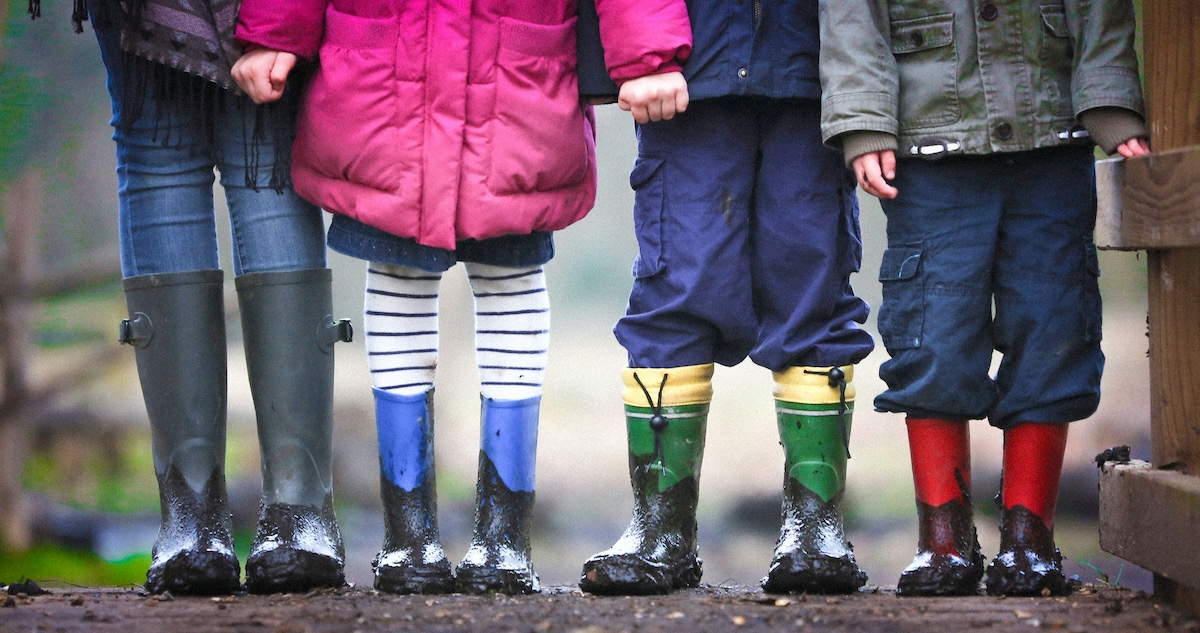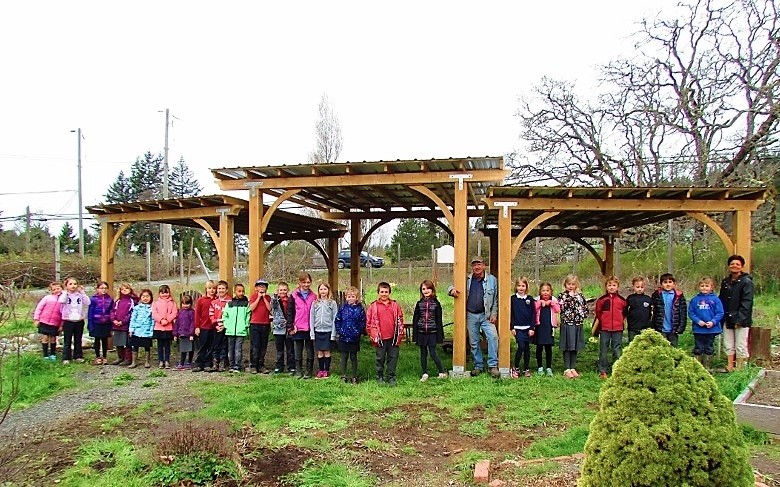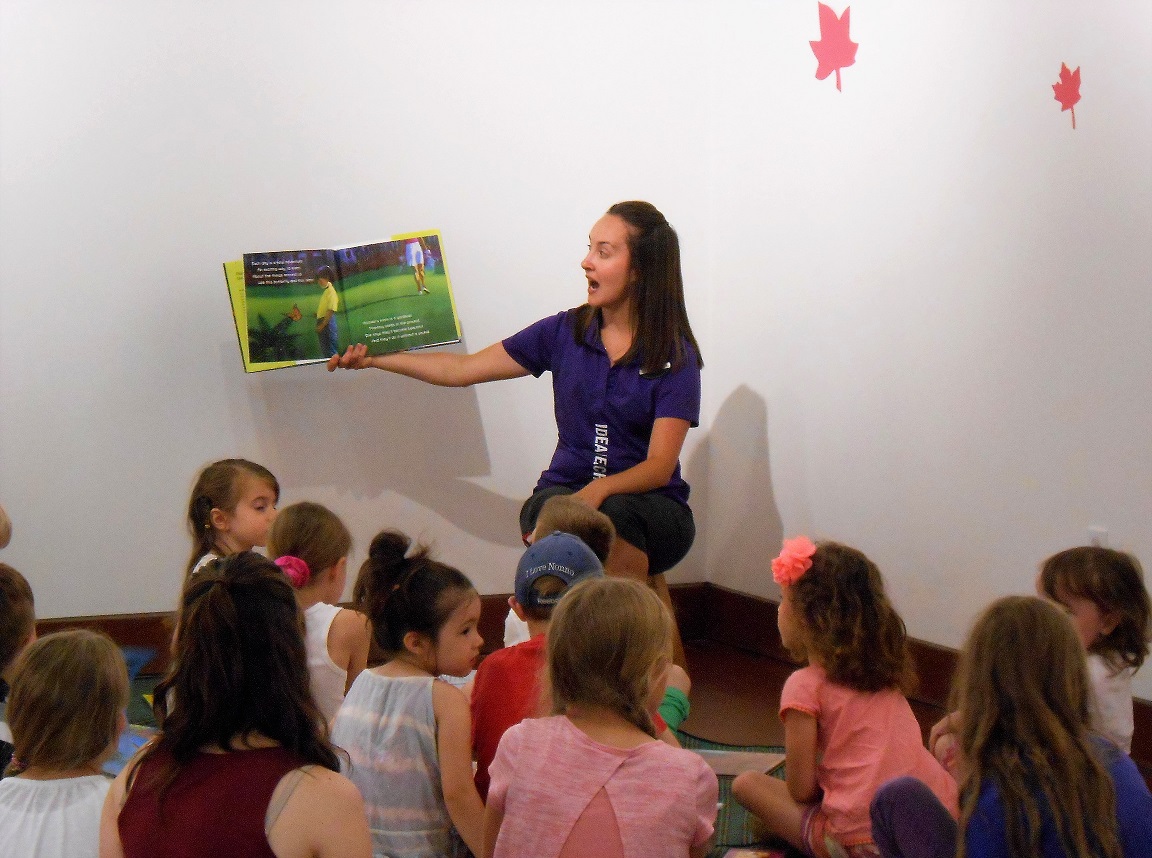Can School Gardens Help Prevent Bullying?

It’s an uncomfortable topics for parents, teachers, school administrators, and adults as a whole. But do you know who it’s most uncomfortable for? The children who are impacted by it. For this reason we cannot shy away from the fact that despite recent progress in prevention, bullying is still a problem in Canadian schools.
The approach for how to prevent bullying in school must be a holistic one, and while that is beyond the scope of our Foundation’s work, our funded programs do include one initiative which can help make a positive difference – school gardening. Read ahead to learn more about why school gardening projects could help usher in a generation of children who are more compassionate, caring, collaborative, and confident that ever before.
Why School Gardens Should be Considered an Important Part of Bullying Prevention Programs in Elementary Schools Across Canada
Inclusive School Gardens Teach Compassion and Understanding
It’s important for educators and anyone involved in developing the school garden to make it accessible and inclusive to all. Doing so levels that playing field (so to speak) so that no one is left out, or feels left out. Childhood involvement in school gardens that foster an environment of accessibility (accounting for physical and cognitive differences) and multi-ethnic diversity lay the foundation for improved self-esteem (more on this below) along with enhanced appreciation and compassion for others. Inclusivity tackles the bullying problem from both sides of the spectrum, as it’s the antagonist that needs help in developing this appreciation and compassion for others. View more on How to Make a School Garden More Inclusive.
Involvement in School Gardens Grows Self Esteem
Research shows that experiences in adolescence could cause maladjusted developments like low self-esteem, which in turn could increase the likelihood of having bullying experiences. It is up to everyone involved in rearing children to take a more proactive role in promoting self-esteem:
“We consider that the responsible adults, parents, teachers, and counselors play a decisive role in nurturing healthy self-esteem and educating relevant, useful social skills in children and adolescents.”
Journal of Educational Sciences
Studies have found that participating (with peers) in gardening projects have a positive impact on self-esteem and can reduce negative feelings and ease depression. As children work with their classmates in the garden they will grow self-esteem, and as a result, may be less likely to become part of the victimization cycle. By initiating a school gardening program, parents, educators, and administrators take ownership of their responsibility and provide children with more than an initiative that lasts 7-hours of class time (i.e. Pink Shirt Day), they deliver on something that will grow with children throughout the school year, year after year.
The Plant a Seed & See What Grows Foundation has big plans for the year ahead as we continue our work to promote positive living for children across Canada. Help us help the next generation by pledging your support too! View more on how you can get involved in the year ahead, and beyond.








